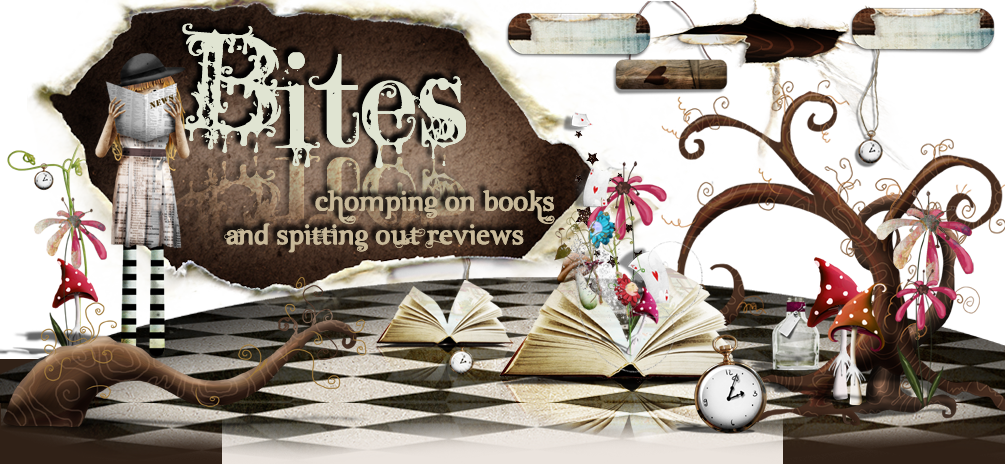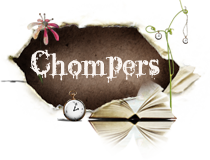Devil’s Kiss is the book it is because I wanted to combine all my favourite story elements into one package.
I love historical fiction, especially set during the Middle Ages. It’s got everything any growing lad could possibly want: Knights jousting, Saracen swordsmen, the Crusades, Templars, big swordfights. Tales of high adventure, my favourite type of story. So that was definitely going to feature in anything I wrote. Or probably ever will write. Any book can be improved by adding Templars.
Horror. I’m a vampire fan. I admit it. It all began with Anne Rice and I still think ‘Queen of the Damned’ is a great movie! Back in the 1990’s I played a role-playing game called Vampire: the Masquerade and created wildly extravagant stories with vampires as the main protagonists, rather than the monsters. It’s all very common now, but that’s because I suspect a lot of the paranormal fiction writers today also played the same game back in the day. Anyway, the key thing I took form that was the idea we have this second, hidden world, the supernatural one, running alongside ours. We just don’t dare look into the shadows to find out. But I’m a fan of the old school ‘keep monsters as monsters’. There’s a risk that by putting the spotlight on the monster, we rob it of something crucial. It’s mystery. It’s threat. They were meant to live in shadows. Get them out of the light and back into the darkness, where they belong. I recently saw ‘let the right one in’. Now that’s a vampire movie.

Dark fairy tales. Check out ‘Women who run with the wolves’ by Clarissa Estes which deals with the psychological and mythic significance of our earliest tales. Two writers have really influenced the style of story I’m developing. John Connolly’s ‘Book of Lost Things’ and Angela Carter’s various short stories, especially ‘Company of Wolves’. Both deal with deep, old fairy tales and why they linger in our dreams.
Religion. I’ve been brought up as Muslim in a predominantly Christian society. My parents are Pakistani in origin but my best man (and woman) at my wedding were Indian Hindus. My father-in-law is a vicar. There’s so much of my identity tied up with all these strands and it took a long time to realise that the tensions between them were largely in my head. The topic’s too big and too contentious to get onto a soap box about it. Basically all I say is I’ve found my balance and that’s partly shown through Arthur’s and Billi’s attitude to religion, even though they are Templars. The great irony is that this Christian organisation was destroyed by the Church.
When I first wrote this I was warned this will upset some people. It has. Alas, religion does that because it convinces some people they are RIGHT (just ask Phillip Pullman, His Dark Materials is another reason I went into children’s books). But the story wouldn’t be sincere if I didn’t address blind faith, which is the fundamental flaw of the story’s villain. Billi constantly questions her right to do what she does. The villain doesn’t and that is true blindness.
Female protagonist. Okay, this is purely sentimental reasons because I have two girls. I wanted to play on the cliché of the son following in the father’s footsteps. The contrast between the very macho Arthur and the conflicted Billi really is the heart of the story. The father-daughter relationship’s obviously of personal interest. Traditionally the male heroes are the warrior and the females the magical types (playing on the idea that women have greater sensitivity, itself an interesting cliché). Hence Kay. He’s the sensitive one, the ‘witch’ character in Devil’s Kiss. He’s the balance that Billi and Arthur lack. He’s at ease with who he is and probably the truest hero of them all.
King Arthur. All the Templars are named after Knights of the Round Table. We’ve Arthur, Percival, Balin, Gwaine and so on. In my world King Arthur never existed. I am creating the King Arthur myth in Billi SanGreal’s world. It’s my homage to arguably the greatest action story of them all (except for the Iliad, which is a discussion for another day but briefly it’s the core of Billi’s moral position; the Achilles soul versus the Hector soul). Plus, this IS fantasy. I should be allowed to give my characters cool names, shouldn’t I? Hence SanGreal as a surname no-one comments on.











4 comments:
Love the post!
Awesome this is in my TBR pile and he just made it so much more awesome!
This is such a great post, I really enjoyed reading it. I recently read Devil's Kiss and thought it was brilliant. As a Londoner, I really appreciated the way that Sarwat Chadda treats religion in the book, and the fact that Billi needs knowledge of multiple religions to assist her as a Templar.
Mary D
Good interview :) I liked his 'combined elements' from religion, Templars to history, etc. It must take a great deal of planning to incorporate the different threads, but it would make for a more interesting read.
Post a Comment